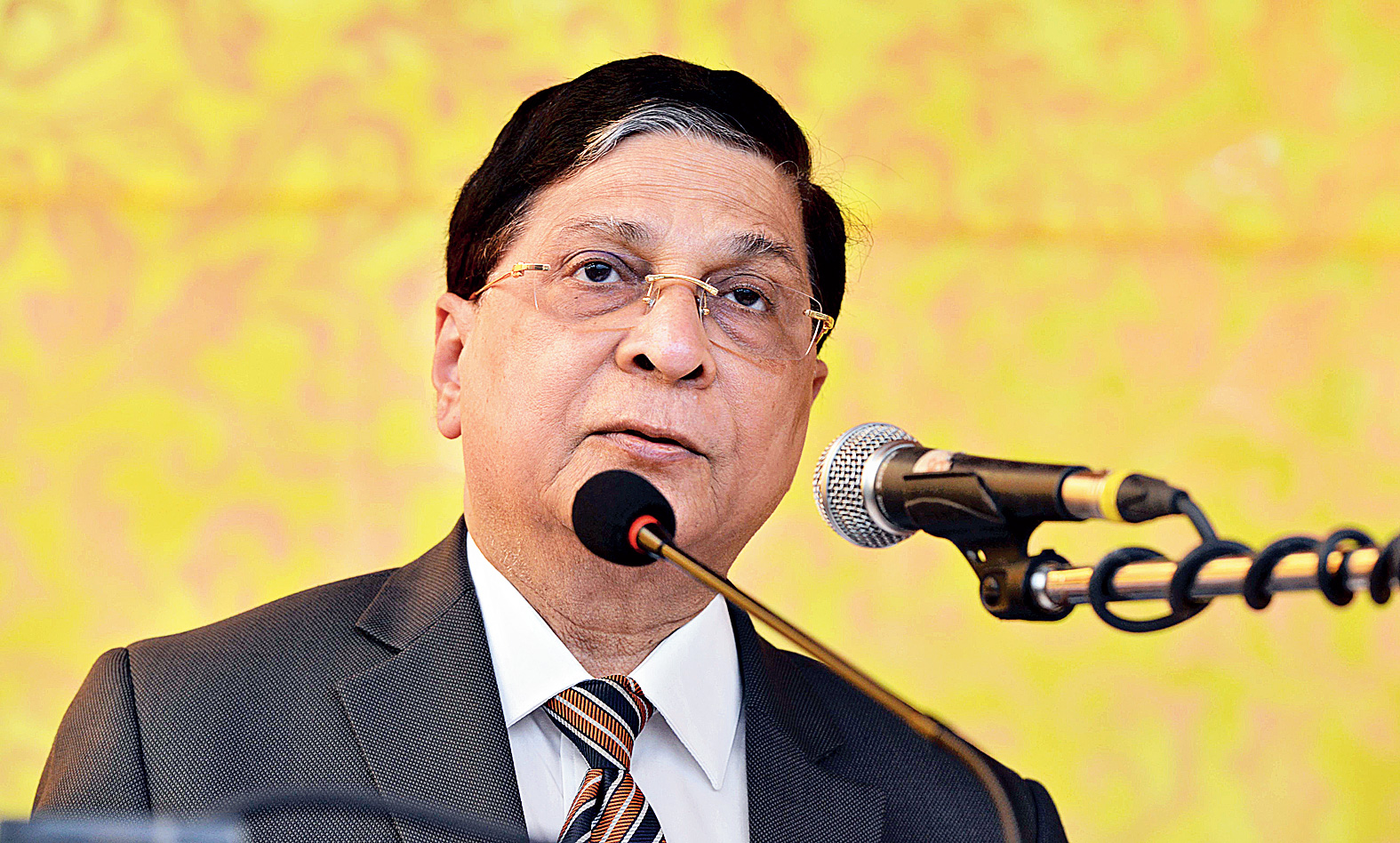The Supreme Court has said the State must step in and punish vigilantes who attack private property and stall film screenings in the name of cultural sensitivities.
The court issued a slew of directives, including restrictions on social media services like WhatsApp “if necessary”, to curb the violence engineered by vigilantes against cultural events.
A bench of Chief Justice Dipak Misra, Justices A.M. Khanwilkar and D.Y. Chandrachud, directed the authorities to arrest those indulging in violence, destruction of public and private property.
The court said the accused should be declared as “proclaimed offenders” if they failed to surrender themselves before the police station concerned within 24 hours of such incidents.
The apex court passed the directive while dealing with a PIL filed by the Kodungallur Film Society, highlighting mob violence over the release of films like Padmavaat by fundamentalists and fringe groups claiming that their cultural/religious sentiments had been hurt.
“In addition to being patently illegal and unlawful, such acts of violence highlight a deeper malaise, one of intolerance towards others’ views, which then results in attempts to suppress alternative view points, artistic integrity and the freedom of speech and expression guaranteed by the Constitution of India.
“Indeed, the people who perpetrate such actions, especially against private parties, do so without fear of consequence and reprisal, probably believing that private parties do not have the wherewithal to hold them accountable for such actions,” the court said.
“In such situations, the State must step in and perform its duty by taking measures to prevent such actions from occurring in the first place, ensuring that law-enforcement agencies exercise their power to bring the guilty parties to book and imposing time-bound and adequate punishment for any lapses,” Justice Khanwilkar, who authored the judgment, said.
The apex court said nobody had the right to become a self-appointed guardian of the law and forcibly administer his or her own interpretation of the law on others, especially not with violent means.
“Mob violence runs against the very core of our established legal principles since it signals chaos and lawlessness and the State has a duty to protect its citizens against the illegal and reprehensible acts of such groups,” the bench said while passing the directives.
The directives include:
- Criminal prosecution of those carrying weapons during such protests
- Formation of Rapid Response Teams in all states and Union territories, preferably district-wise
- Formation of special helplines by state governments to deal with mob violence
- Creation and maintenance of a cyber portal by state police on their website and apps for reporting instances of mob violence and destruction of public and private properties
- Use of non-lethal crowd-control devices like water cannons and tear gas which cause minimum injury to people but at the same time act as an effective deterrent.










